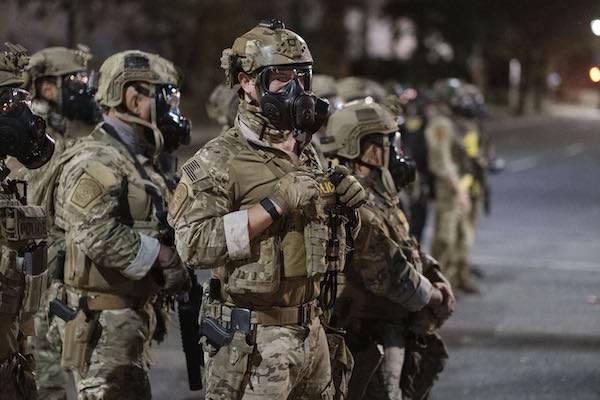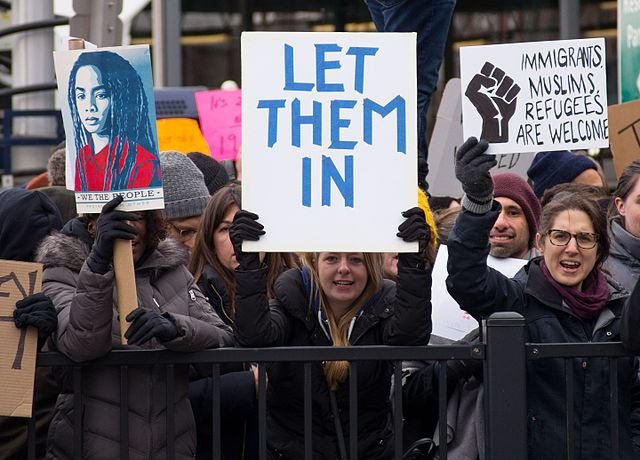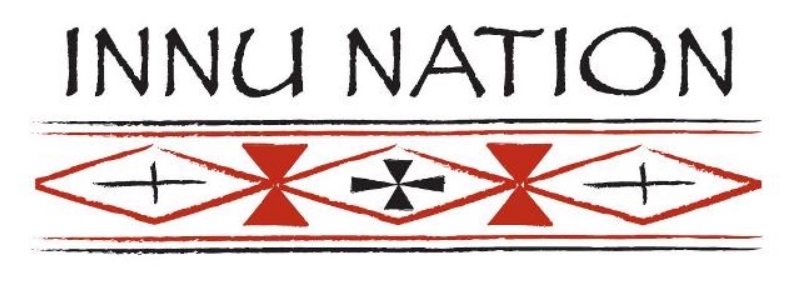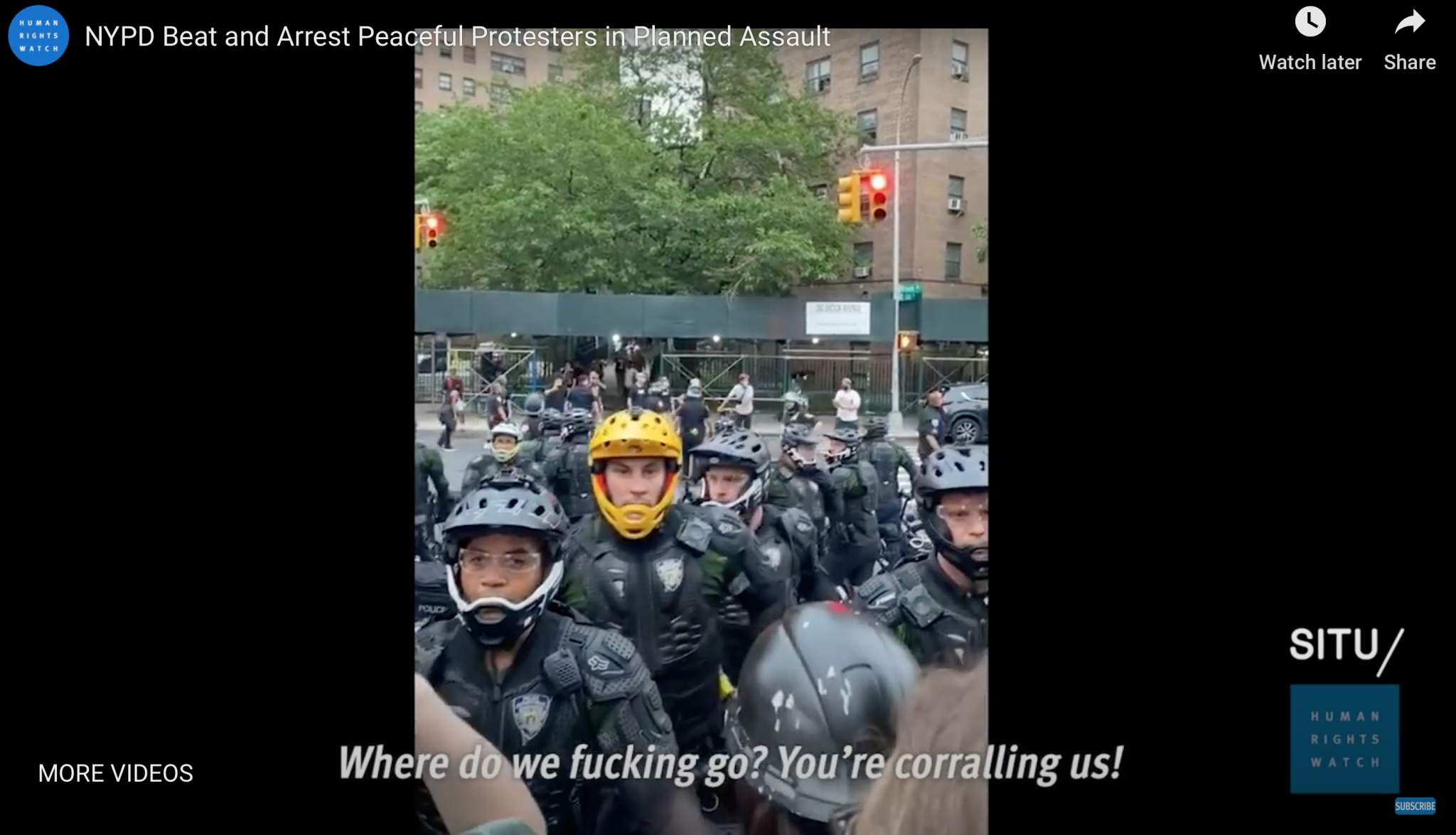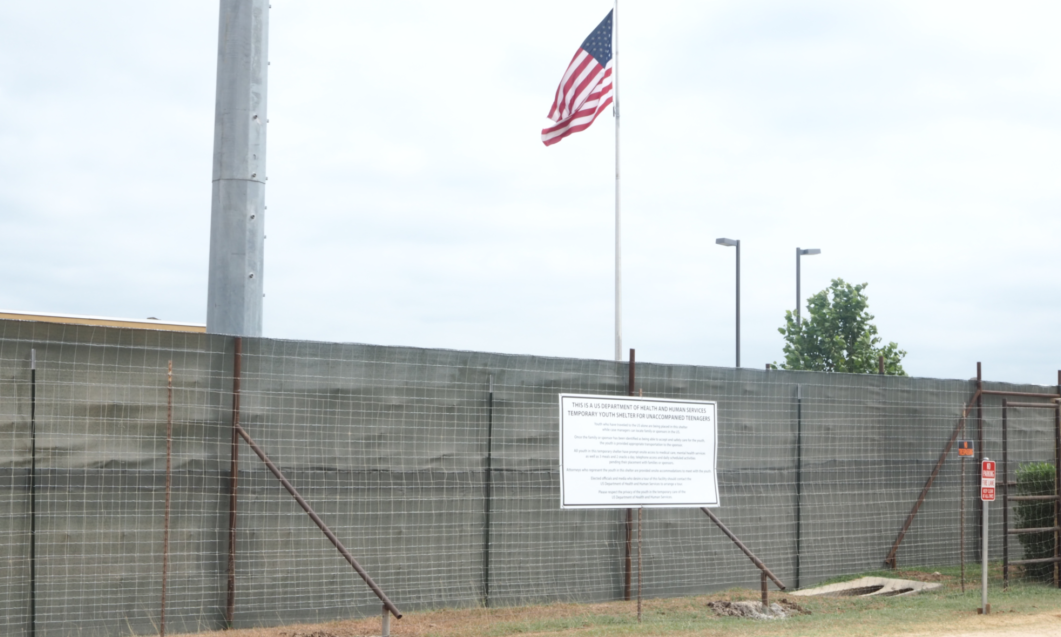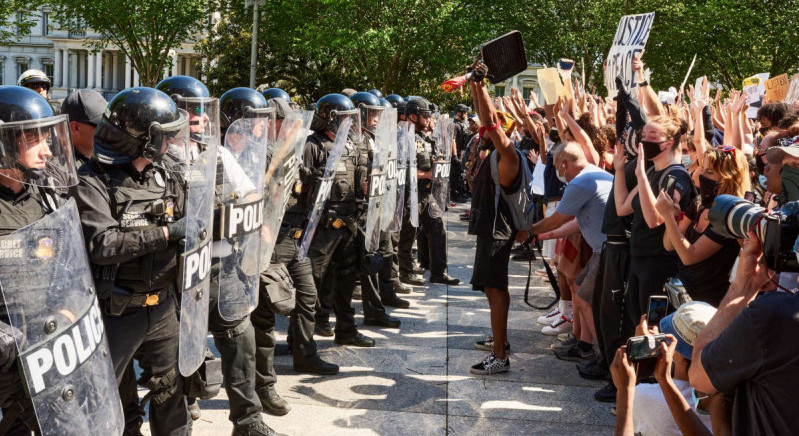
Trump admin opens bids for ANWR drilling
The Trump administration announced formal proceedings to sell oil and gas leases in Alaska’s Arctic National Wildlife Refuge (ANWR). The Bureau of Land Management Alaska State Officeissued a call for “nominations” on several lease tracts considered for the upcoming Coastal Plain Oil & Gas Lease Sale, covering approximately 1.5 million acres of the refuge along the coast of the Arctic Ocean. Lease sales could begin by January—but will likely face legal challenge, or reversal by the incoming Biden administration. President-elect Joe Biden’s differing approach to public land management includes “permanently protecting” ANWR and “banning new oil and gas permitting on public lands and waters.” (Photo: USGS via Flickr)



